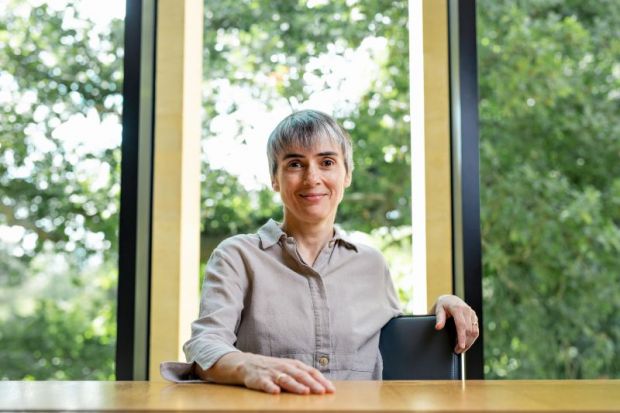Doctoral students at English universities whose studies have been affected by Covid-19 are to receive another £11 million in emergency funding.
Announcing the extra support on 22 February, UK Research and Innovation (UKRI) said that the new block funding would be made available to English universities to support their postgraduate researchers, including those not on UKRI studentships.
Some £44 million of urgent funding to cover extensions of up to six months was initially made available in April 2020 at the start of the pandemic, followed by a further £19.1 million that was allocated to research organisations in November to help PhD students most in need.
Previous funding extensions have focused on students in their final year. However, because not all students eligible for funding had claimed the support made available in April, UKRI said that it had been able to free up £7 million to enable additional extensions to students in other years on top of the new £11 million.
Announcing the extra support, UKRI’s chief executive Dame Ottoline Leyser addressed criticism that the £60 million committed to date was not enough to support the country’s doctoral students in light of the organisation’s £6 billion annual budget.
“It may seem that our funds are vast, but the commitments we have already made mean the flexibility we have is likely to be relatively limited,” Dame Ottoline explains in an open letter, adding that “we have to make decisions about funding for student extensions in the context of this budget and the trade-offs it will cause”.
“For UKRI alone it would likely cost approximately £200 million of public money to provide blanket six-month extensions,” writes Dame Ottoline, who says that “if applied across all 100,000 doctoral students the cost for the sector would be well in excess of £1 billion”.
“We recognise the attraction of a simple blanket allocation, which would reduce workload and burden on both students and those administering the extensions. But on the other hand it commits funds that may be more urgently needed somewhere else in the system.”
However, Dame Ottoline thanks those who had lobbied UKRI on the issue of doctoral student support, praising the “many eloquent and passionate requests from students, student groups and those working to support them”.
“For everyone at universities and at UKRI it has been heartbreaking listening to the many compromises everyone is having to make, and the stressful and sometimes tragic circumstances under which people are working,” says Dame Ottoline.
UKRI has also written to training grant holders exploring options to increase the flexibility to use training and cohort development funding to fund extensions, including whether doctoral training centres should be allowed to reduce recruitment in 2021-22, which would release funding for extensions for current students.
Commenting on the additional resources, science minister Amanda Solloway said that the new measures would “provide vital support to doctoral students most disrupted by the pandemic, ensuring they have the flexibility to continue carrying out their crucial research during these challenging times”.
Register to continue
Why register?
- Registration is free and only takes a moment
- Once registered, you can read 3 articles a month
- Sign up for our newsletter
Subscribe
Or subscribe for unlimited access to:
- Unlimited access to news, views, insights & reviews
- Digital editions
- Digital access to THE’s university and college rankings analysis
Already registered or a current subscriber? Login








